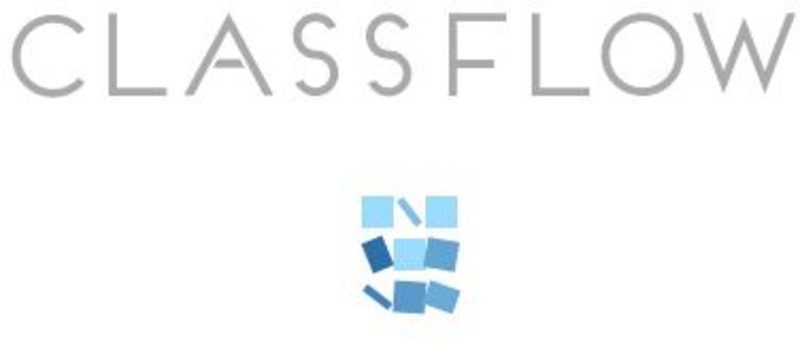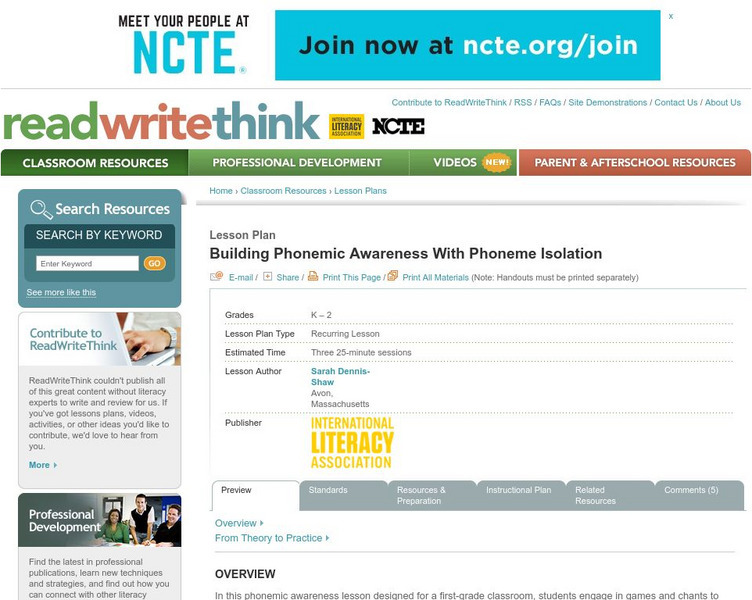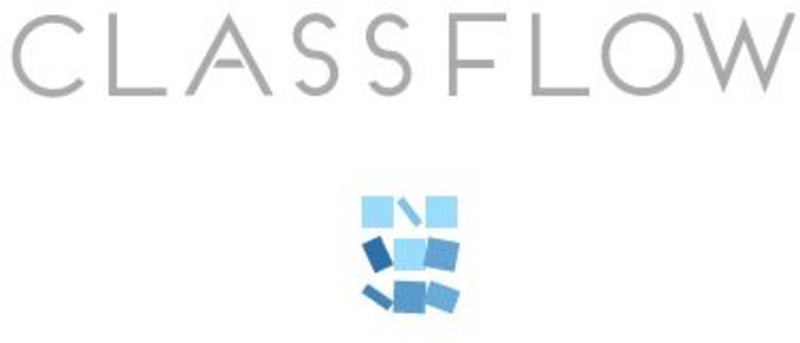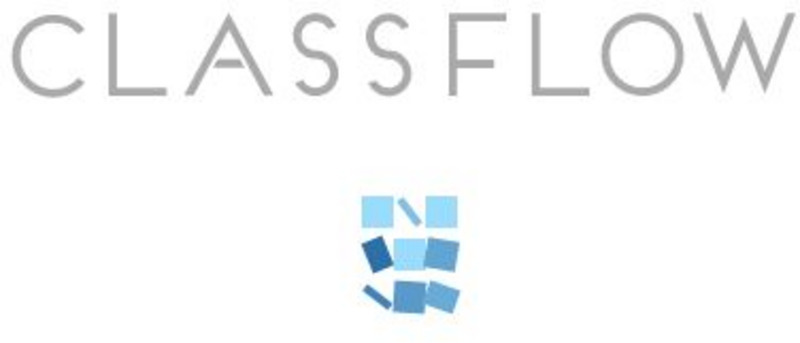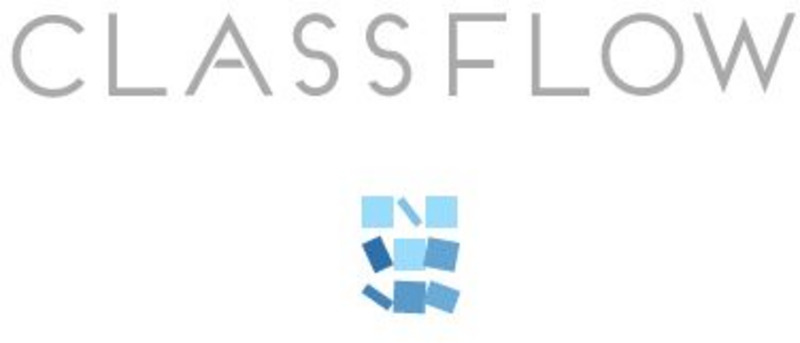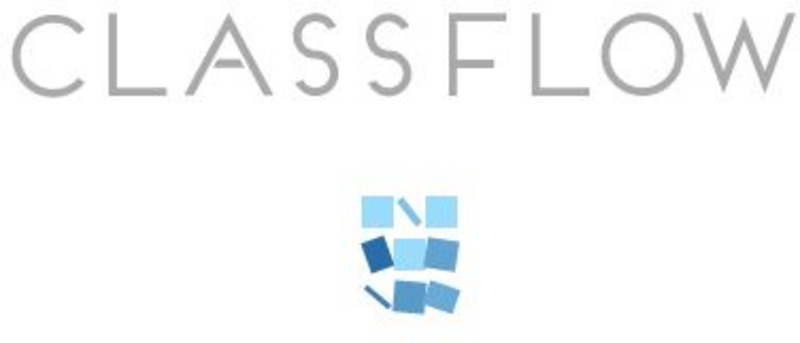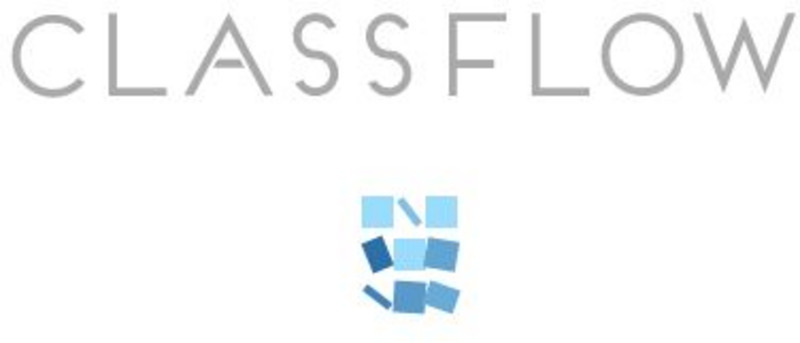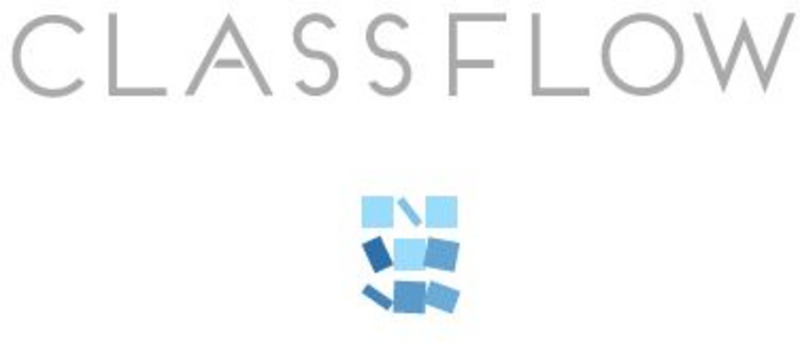Hi, what do you want to do?
LD Online
Ld Online: Learning Disabilities Online: Phoneme Awareness Activity
What do you know about phoneme activities for collaborative classrooms? This site will show how to develop your own activities to sharpen your students phonemic awareness skills. This informative resource will support any teacher's work...
ClassFlow
Class Flow: Chunk Lesson At
[Free Registration/Login Required] Use literature and the Whole-Part-Whole Method to teach individual word chunks. This flipchart focuses on the -at word chunk.
ClassFlow
Class Flow: Chunk Lesson Am
[Free Registration/Login Required] Use literature and the Whole-Part-Whole Method to teach individual word chunks. This flipchart focuses on the -am word chunk.
ClassFlow
Class Flow: Chunk Lesson An
[Free Registration/Login Required] Use literature and the Whole-Part-Whole Method to teach individual word chunks. This flipchart focuses on the -an word chunk.
Starfall
Starfall: The Lone Vowels
Grammar rules taught through song. A familiar tune helps to teach the E and O at the end of the word that make a long vowel sound. There are opportunities to demonstrate understanding by identifying words that that follow the rule.
Quia
Quia: Online Stories
This site focuses on beginning, medial, and ending sounds. It offers a collection of games, exercises, and activities to teach letter sounds including beginning letters, phonemes, and ending sounds to emergent readers. These sites...
ReadWriteThink
Read Write Think: Phoneme Isolation Building Phonemic Awareness
Contains plans for three lessons designed for first grade that teach phoneme isolation in order to build phonemic awareness. In addition to objectives and standards, these instructional plans contain links to sites used in the lessons as...
ClassFlow
Class Flow: Making Nd Words
[Free Registration/Login Required] This flipchart is a follow up lesson after teaching words ending in -nd. Students will have the opportunity to make -nd words, use -nd words in story, and share -nd words they find while reading.
ClassFlow
Class Flow: Chunk Lesson Ain
[Free Registration/Login Required] Use literature and the Whole-Part-Whole Method to teach individual word chunks. This flipchart focuses on the -ain word chunk.
ClassFlow
Class Flow: Chunk Lesson Ame
[Free Registration/Login Required] Use literature and the Whole-Part-Whole Method to teach individual word chunks. This flipchart focuses on the -ame word chunk.
Auburn University
Auburn University: Using Decodable Text
How can you use decodable text in your classroom? This site offers insight into this necessary part of the reading process. Come and learn more.
Auburn University
Auburn University: Developing Reading Fluency
How can you develop reading fluency in your students? This site offers insight into the direct and indirect approaches to teaching reading fluency. Come and check it out.
ClassFlow
Class Flow: Chunk Lesson Aw
[Free Registration/Login Required] Use literature and the Whole-Part-Whole Method to teach individual word chunks. This flipchart focuses on the -aw word chunk.
ClassFlow
Class Flow: Chunk Lesson Each
[Free Registration/Login Required] Use literature and the Whole-Part-Whole Method to teach individual word chunks. This flipchart focuses on the -each word chunk.
ClassFlow
Class Flow: Chunk Lesson Ean
[Free Registration/Login Required] Use literature and the Whole-Part-Whole Method to teach individual word chunks. This flipchart focuses on the -ean word chunk.
ClassFlow
Class Flow: Chunk Lesson Ear
[Free Registration/Login Required] Use literature and the Whole-Part-Whole Method to teach individual word chunks. This flipchart focuses on the -ear word chunk.
ClassFlow
Class Flow: Chunk Lesson Eed
[Free Registration/Login Required] Use literature and the Whole-Part-Whole Method to teach individual word chunks. This flipchart focuses on the -eed word chunk.
ClassFlow
Class Flow: Chunk Lesson Ell
[Free Registration/Login Required] Use literature and the Whole-Part-Whole Method to teach individual word chunks. This flipchart focuses on the -ell word chunk.
ClassFlow
Class Flow: Chunk Lesson En
[Free Registration/Login Required] Use literature and the Whole-Part-Whole Method to teach individual word chunks. This flipchart focuses on the -en word chunk.
ClassFlow
Class Flow: Chunk Lesson Est
[Free Registration/Login Required] Use literature and the Whole-Part-Whole Method to teach individual word chunks. This flipchart focuses on the -est word chunk.
ClassFlow
Class Flow: Chunk Lesson Et
[Free Registration/Login Required] Use literature and the Whole-Part-Whole Method to teach individual word chunks. This flipchart focuses on the -et word chunk.
ClassFlow
Class Flow: Chunk Lesson Ew
[Free Registration/Login Required] Use literature and the Whole-Part-Whole Method to teach individual word chunks. This flipchart focuses on the -ew word chunk.
ClassFlow
Class Flow: Chunk Lesson
[Free Registration/Login Required] Use literature and the Whole-Part-Whole Method to teach individual word chunks. This flipchart focuses on the -id word chunk.
ClassFlow
Class Flow: Chunk Lesson Ide
[Free Registration/Login Required] Use literature and the Whole-Part-Whole Method to teach individual word chunks. This flipchart focuses on the -ide word chunk.






